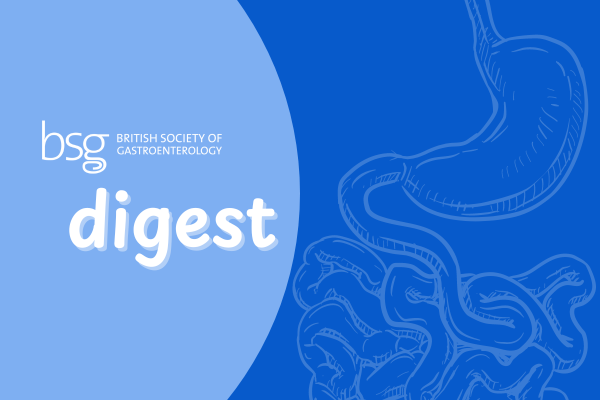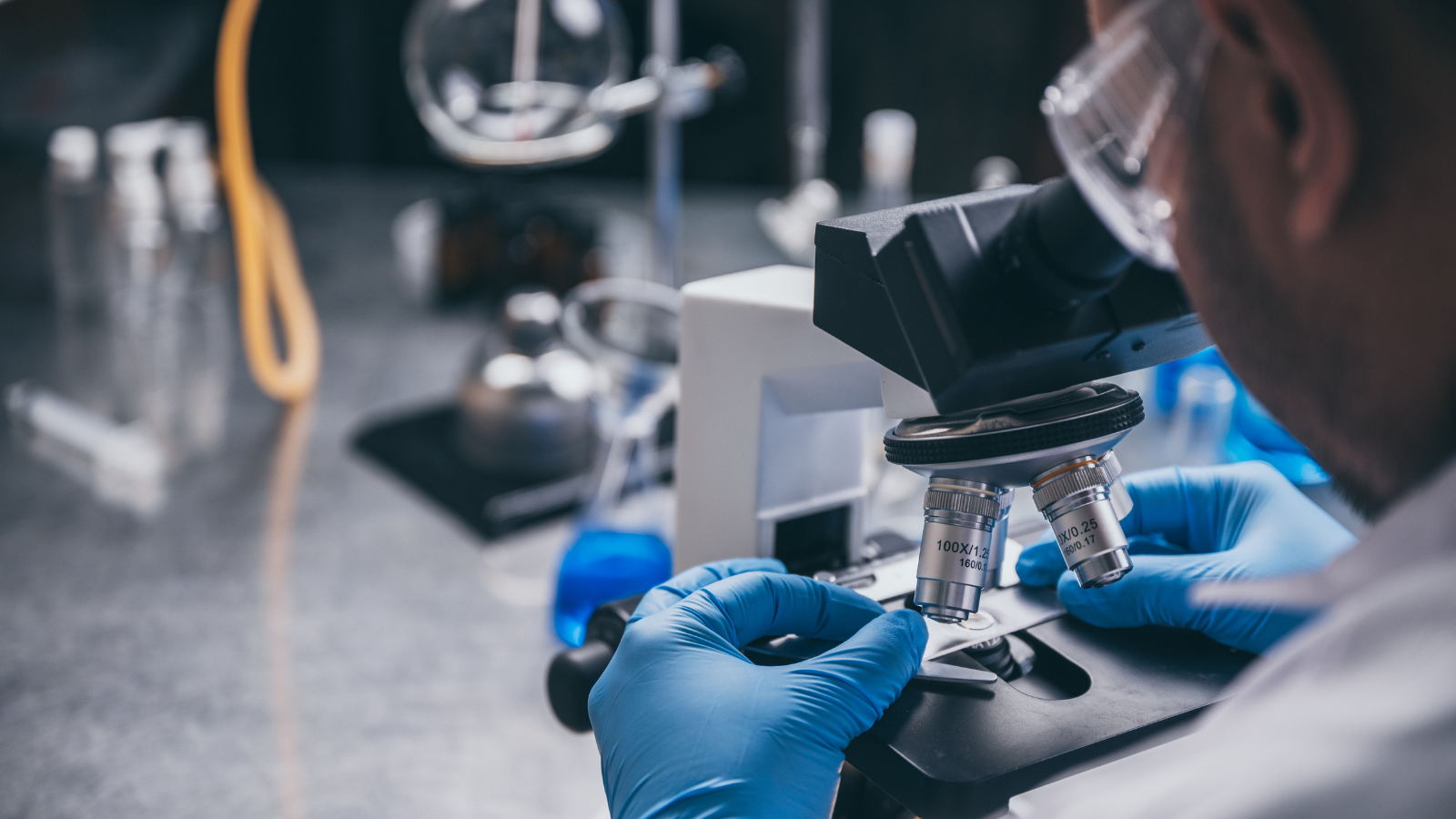
Safety Alert: pH Capsule Monitoring
Issued 22.04.25
There have been recent cases of retained oesophageal pH capsules resulting in serious patient harm. Updated safety recommendations now include standardised patient information about retention warning signs, clear verification protocols for capsule passage, and structured follow-up processes.
Read the updated recommendations below.
Summary
- NHS England have recently communicated with the British Society of Gastroenterology (8/4/25) that recent cases of retained wireless oesophageal pH monitoring capsules have resulted in serious harm, including:
- Oesophageal perforation requiring stapling
- Deep neck space abscesses
- Cardiac arrest
- Current patient information appears to provide inadequate details regarding the warning signs of retention.
- Follow-up procedures to confirm passage vary significantly between institutions, with some patients experiencing significant delays between symptom onset and diagnosis of retention.
Action
All healthcare professionals who perform or manage wireless oesophageal pH capsule monitoring should:
Appropriate Use of Wireless pH Monitoring
- Ensure adherence to previous BSG guidelines for oesophageal manometry and oesophageal reflux monitoring (esophageal Manometry and Reflux Monitoring Guidelines | BSG) to enhance patient selection.
Pre-Procedure patient information
- Provide all patients with standardised written information that:
- Explains the expected timeframe for natural passage (typically 5-7 days)
- Clearly states that patients should actively confirm passage
- Lists specific symptoms that might indicate retention:
- Persistent or worsening chest pain
- Neck discomfort or pain
- Difficulty swallowing (dysphagia)
- Pain on swallowing (odynophagia)
- Unexplained cough
- Sensation of something stuck in the throat/chest
- Fever or signs of infection
Verification of capsule passage
- Provide patients with practical guidance for confirming capsule passage following insertion.
- Include information about the size, shape and colour of the capsule.
- Give clear instructions for checking stools for 7-10 days post-procedure.
- Establish a mechanism for patients to call back relevant departments if they have not confirmed passage within 10 days.
Follow-up protocol
- Consider a structured follow-up process:
- For example, schedule telephone follow-up 7-10 days post-procedure
- Document whether capsule passage has been confirmed
- For patients who have not confirmed passage, but are asymptomatic:
- Suggest extending the monitoring period for an additional 7 days
- Consider chest and abdominal X-ray if passage is still not confirmed after 14 days
- For patients reporting potentially concerning symptoms:
- Arrange urgent clinical review
- Consider imaging (X-ray or CT scan) without delay
- Have a clear pathway for escalation if retention is confirmed
MRI safety
- Emphasise that MRI imaging is contraindicated for 30 days after the wireless oesophageal capsule placement, unless there is confirmed passage of the wireless oesophageal capsule.
- For patients who have not confirmed passage of the capsule by 30 days, an X-ray is recommended for verification before any MRI scan is performed.
Follow-up protocol Reporting Requirements
- Any suspected retention of a wireless oesophageal capsule causing harm should be:
- Reported through local incident reporting systems
- Reported to the MHRA via the Yellow Card scheme
- Reported to the manufacturer as per vigilance requirements
Read the document here.
Dr Matthew Kurien - Chair of Clinical Services and Standards Committee (CSSC)
Professor Pradeep Bhandari - Vice President Endoscopy
Dr Mark Fullard - Oesophageal Committee Chair

Safety Alert: pH Capsule Monitoring
There have been recent cases of retained pH capsules, which have resulted in serious patient harm.

Summer '24: BSG Research update
It is with great pleasure that I take over the helm as the first female and Academic Hepatologist Chair of the BSG Research Committee in June 2024. I would like to begin by sincerely thanking Shaji Sebastian for leading the Committee through a very challenging 2 years as UK Gastroenterology re-emerged from the covid pandemic.
.png?width=1600&height=900&ext=.png)
BSG Research Scholars Programme
The BSG Research Scholars Programme aims to support research participation among members by offering the infrastructure and initial support to progress their research ideas while practicing as front-line health care professionals.